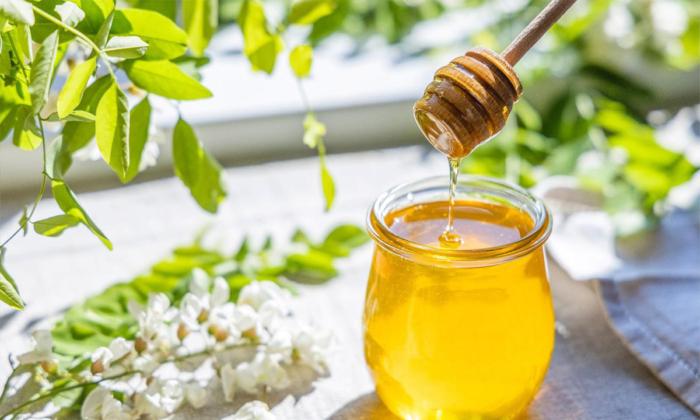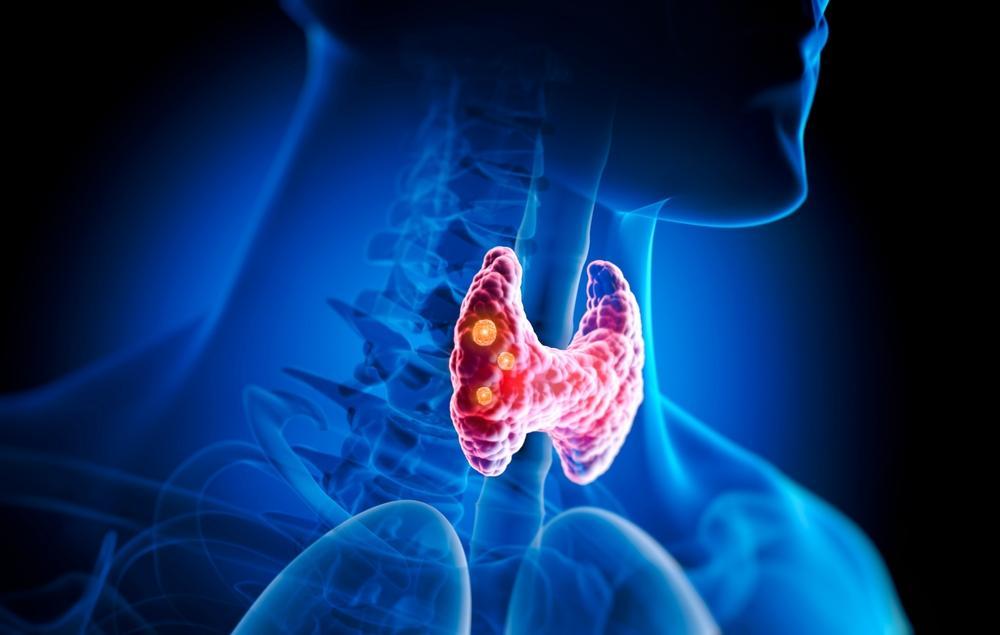1. Honey Fights Inflammation and Aging
Research suggests that honey’s flavonoids and phenolic compounds have highly effective antioxidant and anti-inflammatory properties and play a critical role in human health.Honey contains approximately 180 compounds, including water, fructose, free amino acids, proteins, enzymes, essential minerals, vitamins, and plant polyphenols.
2. Honey Soothes Coughs and Relieves Sore Throats
At times, a persistent cough can affect sleep and work quality. Doctors sometimes prescribe steroids to treat persistent coughs, but such drugs can have side effects and are unsuitable for long-term use.Honey, on the other hand, can be used as a safe and effective cough syrup. It can lubricate the throat, reduce irritation, and suppress inflammation. A cup of warm water with honey is especially effective in cases of prolonged coughing.
3. Honey Soothes Stomach Pain and Reduces Inflammation
Many people experience stomach discomfort—including stomachaches, excessive acidity, or gastric ulcers—often due to irregular eating habits, high stress levels, or Helicobacter pylori infections.4. Honey Mitigates Chemotherapy Side Effects
In addition to easing stomach issues, honey can help minimize the side effects of chemotherapy. Chemotherapy can harm the body significantly, causing problems like oral mucositis, leukopenia (reduced white blood cell count), and compromised immunity.5. Honey as a Natural Wound Healer
Honey can also be used topically. It has antibacterial, antiviral, and anti-inflammatory properties that expedite wound healing, reduce infection, and prevent scarring.One of the viewers of my show had suffered a burn from a motorcycle exhaust pipe, and after two weeks, the wound showed no improvement. Following my advice, they used honey as a treatment. Remarkably, just one week later, the wound had completely healed.
How to Select Quality Honey
The market offers a wide variety of honey, some pure and natural, while others may have additives. Here are four tips to distinguish genuine honey from low-quality or adulterated options:1. Examine Appearance
Natural honey comes in various colors due to different floral sources but generally appears opaque with a cloudy texture. It may have been adulterated with water or other substances if it looks clear.2. Smell
Natural honey carries a delicate floral scent with multi-layered nuances. If you only detect a sweet smell of fructose, it may be synthetic or lower quality.3. Test Bubbling
Mix pure honey with water and shake it. The bubbles formed on top should be fine and last for one to two hours before dissipating. In contrast, fake or synthetic honey will produce coarser bubbles that vanish quickly.4. Check for Crystallization in Fridge
Natural honey can crystallize below 57.2 degrees Fahrenheit (14 degrees Celsius) due to the bonding of glucose molecules. (However, longan honey doesn’t crystallize because it contains less glucose.)Best Ways to Consume Honey
Once you’ve selected a quality honey, what is the best way to consume it to maximize its benefits? Here are two considerations:1. Mix With Warm Water
To retain the honey’s nutritional value, it’s recommended to mix it with warm water at temperatures below 140 degrees Fahrenheit (60 degrees Celsius). Hot water can degrade honey’s enzymes and vitamins, reducing its effectiveness.2. Use as a Natural Sweetener
Honey can be used in place of sugar or artificial sweeteners to sweeten a multitude of foods. Stir into yogurt, drizzle over toast or pancakes, mix into oatmeal, use in dressings and marinades, or even in a good old-fashioned peanut butter, banana, and honey sandwich.Recipe: Homemade Iced Honey Lemonade
This refreshing, beauty-enhancing, cold-preventing, and digestion-aiding beverage from The Prairie Homestead is a great way to get your honey.Honey Lemonade Recipe
- 1 cup freshly squeezed lemon juice
- 1/2 cup honey (raw is the best)
- 5 cups cold water
- Lemon or lime slices—to garnish (optional)
Mix the lemon juice and honey together in the pitcher until thoroughly combined.
Add the cold water and briskly stir.
Chill and serve over ice. You can garnish with a lemon slice if you’re feeling extra fancy.








